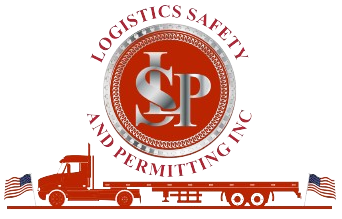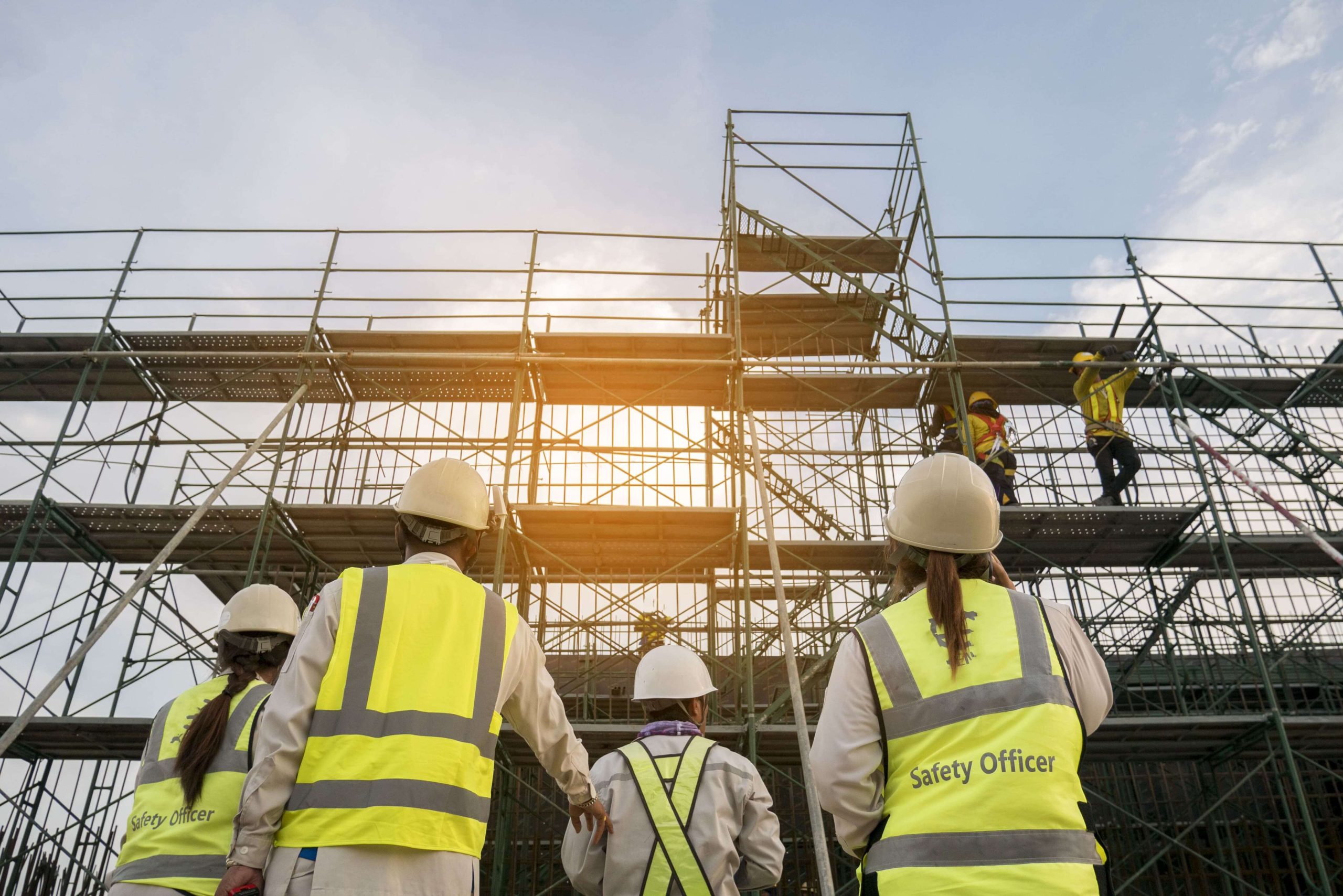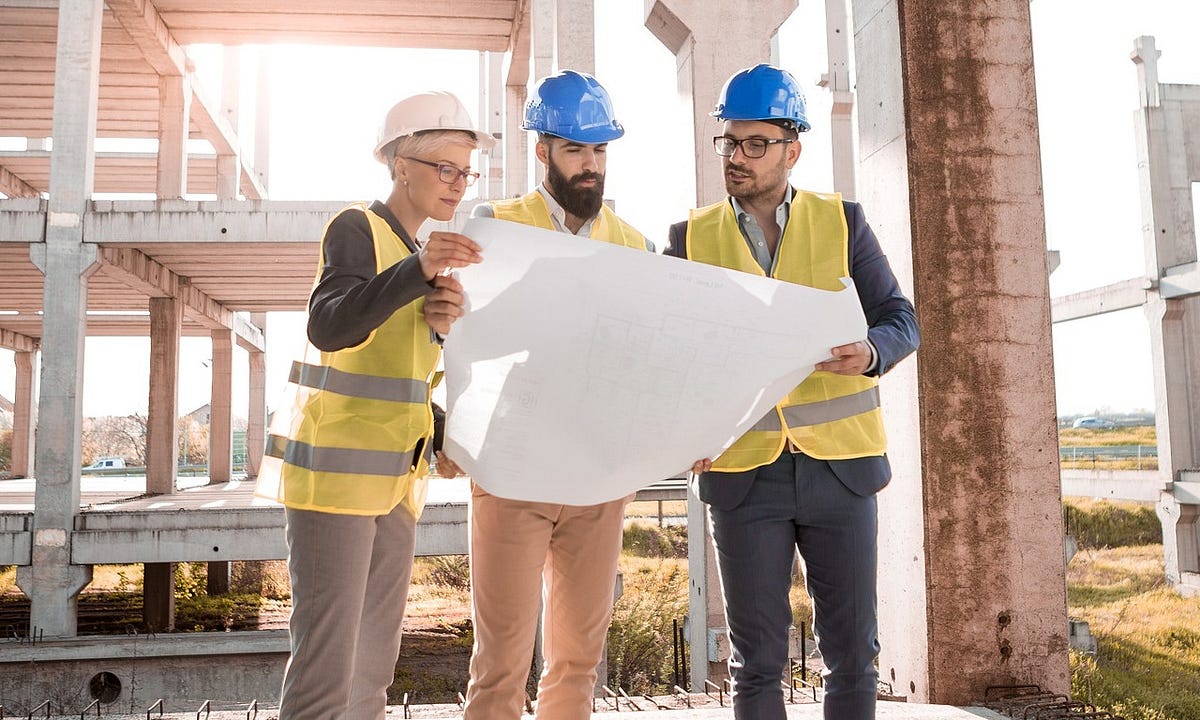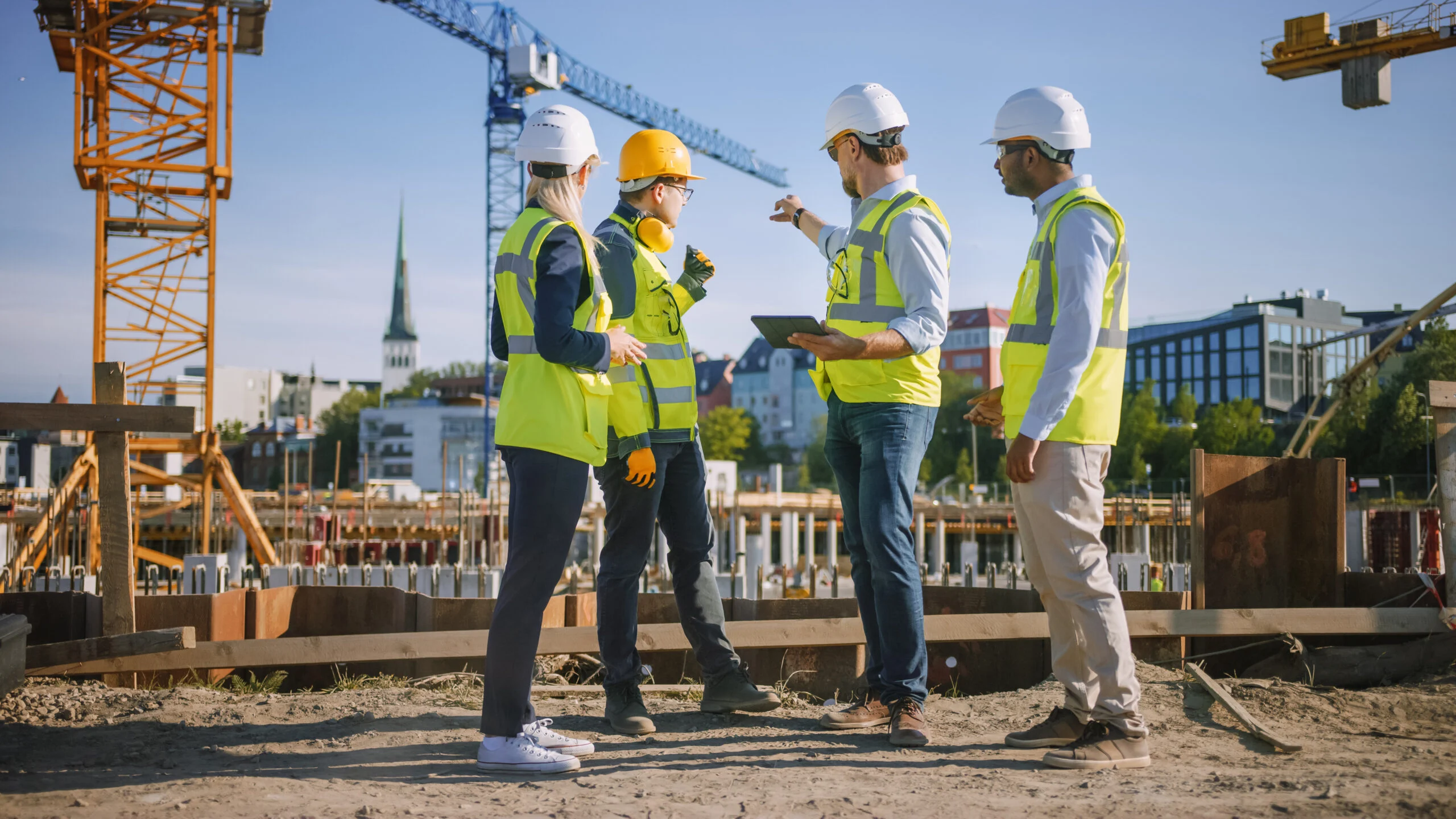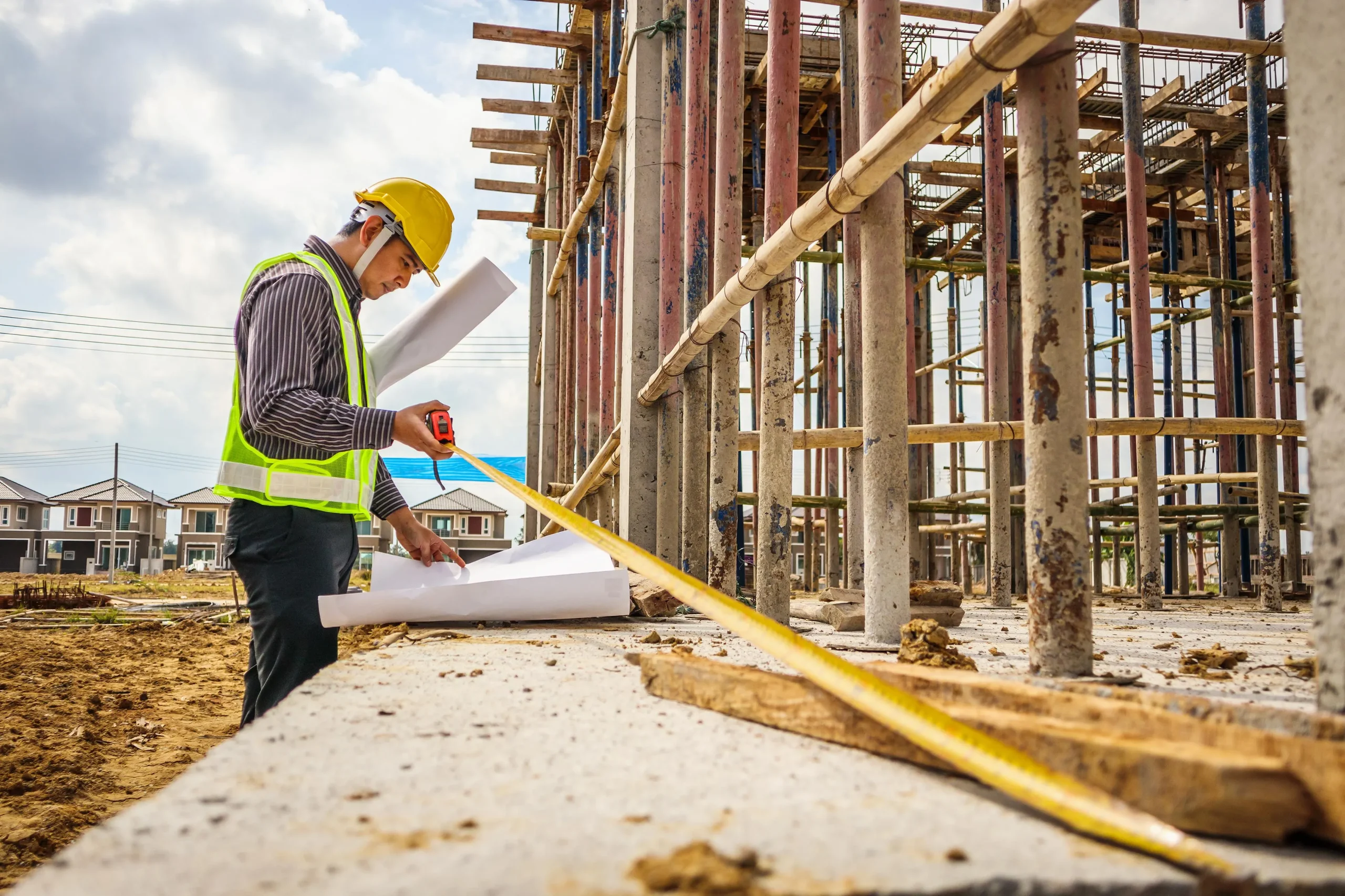In the construction world, time is money. Every day a project sits idle because of paperwork or compliance issues, costs rise and deadlines slip further away. One of the most common culprits behind construction delays is not poor scheduling or supply chain issues but problems with building permits. Whether it is incomplete applications, overlooked regulations or miscommunication with local authorities, permitting mistakes can stall progress before a single brick is laid.
This is where permitting due diligence comes in. By carefully reviewing requirements, securing the right authorizations, and ensuring compliance from the start, contractors and developers can avoid costly delays and keep their projects moving forward smoothly.
The Role of Due Diligence in Building Permits
Every construction project, no matter the size, must comply with local, state, and federal building codes. Building permits are the official confirmation that a project meets safety and zoning regulations. Without them, work can be stopped, fines can be issued, and in some cases, entire projects may need to be redone.
Due diligence means thoroughly researching and preparing before submitting a permit application. This includes understanding zoning restrictions, safety requirements, and environmental regulations that apply to a site. A proactive approach ensures that applications are complete, accurate, and less likely to be rejected or delayed by regulators.
For developers and contractors, partnering with a professional team like Logistics Safety and Permitting Inc. can make the difference between a seamless approval process and a frustrating series of setbacks.
Why Permitting Delays Are So Costly
When a project is delayed because of permitting issues, the costs extend far beyond paperwork fees. Equipment rentals continue to accrue charges, labor schedules need to be rearranged, and subcontractors may move on to other projects. Even minor errors, such as missing documents or incorrect site details, can result in weeks of waiting.
In industries where timelines are tied to financing agreements or seasonal deadlines, these setbacks can have long-term consequences. The irony is that most of these problems are entirely preventable with proper permitting due diligence. Taking the time to get it right upfront is always less expensive than fixing issues after construction has started.
Building Permits and Risk Management
Securing building permits is about more than compliance. It is about managing risk. Without the proper permits, projects face legal exposure, safety hazards, and reputational damage. For example, if a contractor bypasses permitting requirements to save time, they risk costly fines, forced demolition, or liability if something goes wrong.
By contrast, working through a comprehensive permitting process ensures that all risks are accounted for and minimized. It demonstrates to clients, investors, and regulators that the project is being handled responsibly. This not only prevents delays but also builds trust and credibility in a competitive industry.
The Value of Professional Support in Permitting
While some smaller projects may attempt to handle permitting in-house, large-scale developments often require specialized knowledge and connections. Professional building permit services streamline the process by managing documentation, coordinating with municipal offices, and anticipating potential roadblocks before they occur.
At Logistics Safety and Permitting Inc., our team has extensive experience with complex projects that involve multiple agencies and regulatory layers. By combining expertise in construction logistics services with permitting knowledge, we help contractors keep projects on schedule while avoiding unnecessary costs. This integrated approach ensures that safety, compliance, and efficiency all work hand in hand.
How Due Diligence Keeps Projects on Track
When due diligence is built into the permitting process, projects are better prepared to move forward without interruptions. This involves several key steps:
- Reviewing local zoning laws to ensure the project is allowed at the site.
- Identifying environmental or safety assessments required before approval.
- Preparing complete and accurate documentation to avoid rejections.
- Maintaining clear communication with permitting authorities.
By addressing these details early, contractors can plan around potential challenges instead of being blindsided mid-project. The upfront investment in thorough permitting pays dividends in saved time, reduced costs, and smoother project execution.
FAQs
1. Why are building permits necessary for construction projects?
Building permits confirm that a project complies with zoning, safety, and building codes. They protect the public, ensure quality standards, and safeguard contractors from liability issues. Without them, projects risk fines, delays, or forced demolition.
2. How long does it typically take to secure a building permit?
The timeline varies depending on project size and complexity, as well as the efficiency of the local permitting office. Small projects may only take weeks, while large-scale developments can require several months. Proper due diligence speeds up the process by reducing errors.
3. Can improper permitting really delay a project significantly?
Yes. Even a missing signature or incomplete form can halt progress for weeks. Delays from permitting issues often cascade into larger scheduling problems, affecting labor, equipment, and financing.
4. What is the advantage of using professional building permit services?
Professional permitting services bring expertise, established relationships with regulatory offices, and a streamlined process. They help ensure documentation is correct the first time, reducing the risk of rejection or delays.
5. How does permitting tie into construction logistics services?
Construction logistics services involve coordinating equipment, labor, and scheduling. Permitting is directly tied to this process because without approval, no work can begin. Effective logistics planning always includes securing permits early in the project timeline.
Conclusion
Avoiding costly delays in construction starts with one simple principle: proper permitting due diligence. By taking the time to understand requirements, prepare documentation, and work with experienced professionals, contractors can prevent disruptions that erode profitability and damage reputations.
At Logistics Safety and Permitting Inc. we specialize in guiding clients through the permitting process while also supporting broader project needs through construction logistics services. With the right expertise by your side building permits do not have to become a roadblock. Instead they can serve as the foundation of a safe, efficient and successful project.
